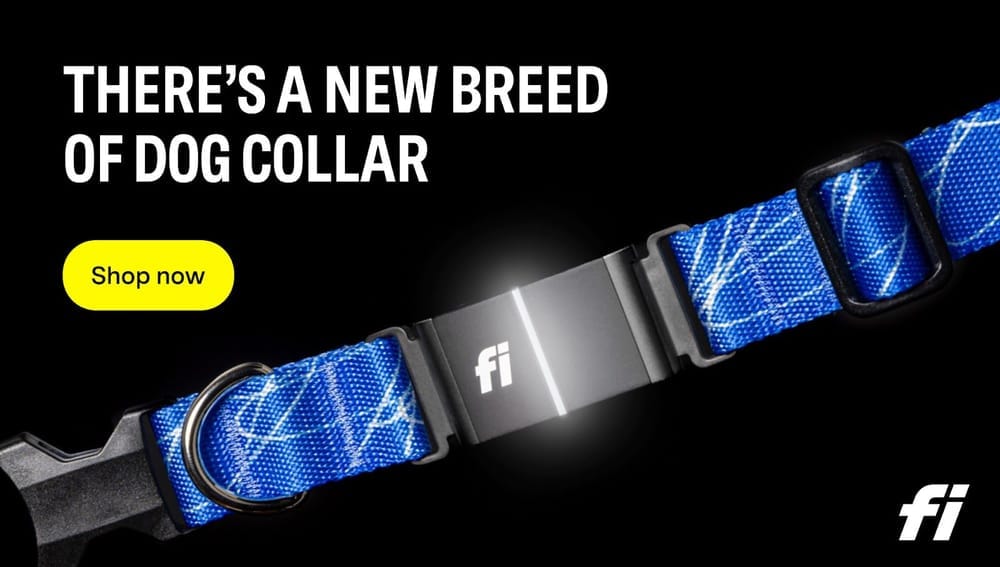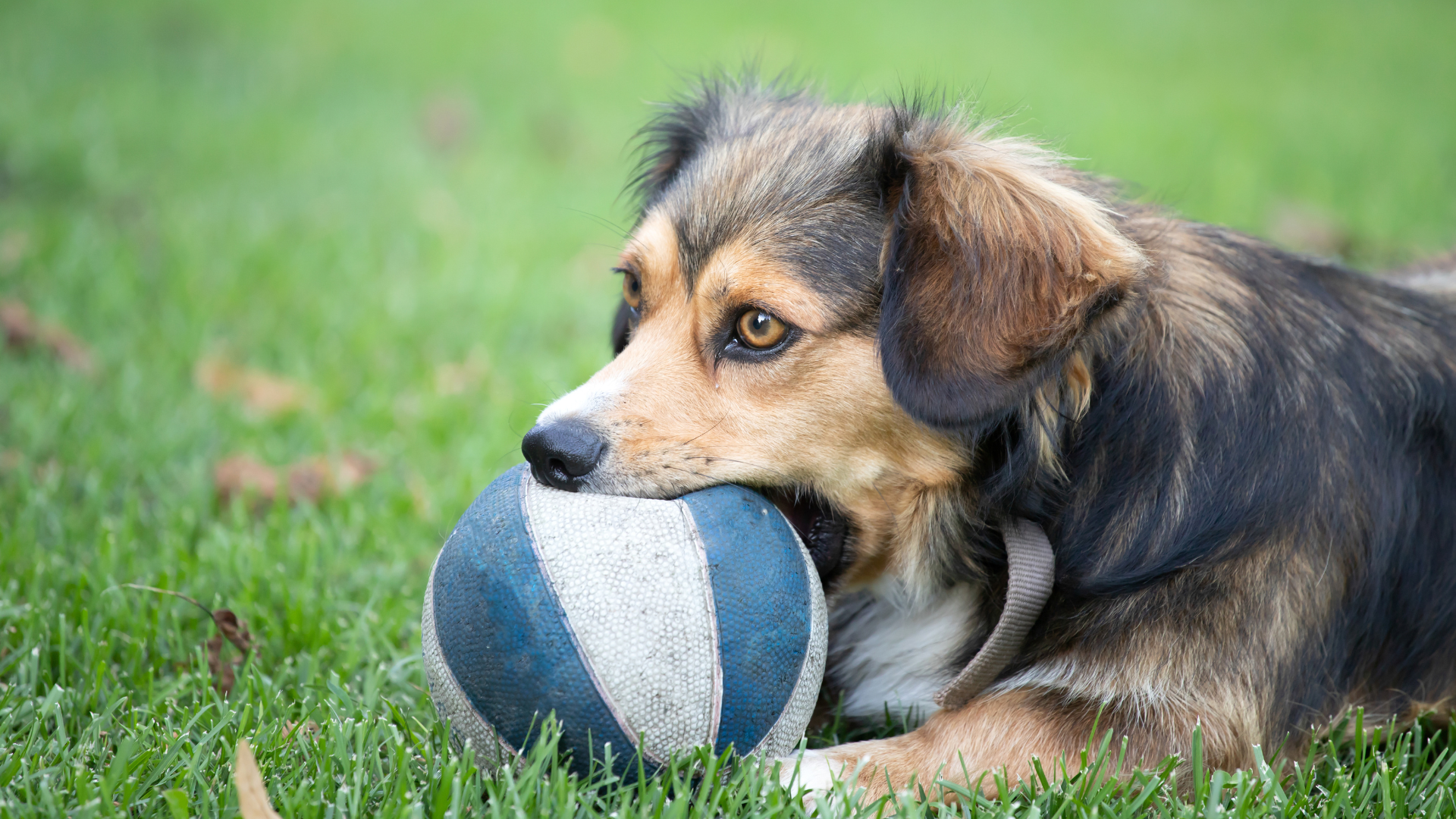Dogs are known for their love for food, and they often beg for a bite of whatever their owners are eating. While it can be tempting to share your Little Caesars pizza with your furry friend, it's important to consider whether it's safe for them to eat.

Pizza contains a variety of ingredients, and some of them can be harmful to dogs. For example, the tomato sauce on pizza can be too acidic for dogs, and it may cause digestive issues. Additionally, some toppings like onions, garlic, and mushrooms can be toxic to dogs and should be avoided.
If you're wondering whether dogs can eat Little Caesars pizza specifically, it's important to note that the same rules apply. While some ingredients like cheese and bread may be safe for dogs in small quantities, other ingredients like pepperoni and sausage should be avoided. It's always best to err on the side of caution and avoid feeding your dog pizza altogether.
Can Dogs Eat Little Caesars Pizza?

Pizza is a popular food item that many people enjoy. However, when it comes to feeding pizza to dogs, pet owners should exercise caution. Little Caesars Pizza is no exception. While some ingredients in pizza can be safe for dogs, others can be toxic and potentially life-threatening.
Can Dogs Eat Pizza?
Dogs can eat pizza, but it is not recommended. Pizza contains many ingredients that can be harmful to dogs, including cheese, garlic, onions, and tomato sauce. Cheese is high in fat and can lead to obesity and pancreatitis in dogs. Garlic and onions can cause anemia in dogs, and tomato sauce can cause gastrointestinal upset.

Can Dogs Eat Pizza Crust?
Dogs can eat pizza crust, but it is not recommended. Pizza crust is high in carbohydrates and can lead to obesity and other health problems in dogs. Additionally, some pizza crusts may contain garlic or onion powder, which can be harmful to dogs.
Is Pizza Bad for Dogs?
Pizza can be bad for dogs, especially if it contains harmful ingredients such as garlic, onions, or tomato sauce. These ingredients can cause gastrointestinal upset, anemia, and other health problems in dogs. Additionally, pizza is high in fat and calories, which can lead to obesity and other health problems in dogs.
Why is Pizza Bad for Dogs?
Pizza is bad for dogs because it contains many ingredients that can be harmful to them. Cheese is high in fat and can lead to obesity and pancreatitis in dogs. Garlic and onions can cause anemia in dogs, and tomato sauce can cause gastrointestinal upset. Additionally, pizza is high in calories and can lead to obesity and other health problems in dogs.
Can Pizza Kill Dogs?
Pizza can potentially kill dogs if it contains toxic ingredients such as garlic, onions, or tomato sauce. These ingredients can cause anemia, gastrointestinal upset, and other health problems in dogs. Additionally, pizza is high in fat and calories, which can lead to obesity and other health problems in dogs. Pet owners should never feed their dogs pizza without consulting with a veterinarian first.
In conclusion, Little Caesars Pizza is not recommended for dogs. While some ingredients in pizza can be safe for dogs, others can be toxic and potentially life-threatening. Pet owners should always consult with a veterinarian before feeding their dogs any human food, including pizza.
Potential Health Risks

Dogs love to eat human food, and pizza is no except ion. However, it is important to understand the potential health risks before feeding your dog Little Caesars pizza.
Toxic Ingredients
Little Caesars pizza contains several ingredients that are toxic to dogs, including garlic and onions. These ingredients can cause anemia in dogs by damaging their red blood cells. In severe cases, this can be life-threatening. Additionally, the high-fat content in pizza can lead to pancreatitis, a condition that causes inflammation of the pancreas and can also be life-threatening.
High Sodium and Fat Content
Processed meats and cheese, common toppings on Little Caesars pizza, are high in sodium and fat. Consuming too much sodium can lead to dehydration, while consuming too much fat can lead to obesity, which can cause other health problems such as diabetes and heart disease.
Gastrointestinal Issues
Feeding your dog Little Caesars pizza can also cause gastrointestinal issues such as vomiting, diarrhea, bloating, and discomfort. This is because dogs have a harder time digesting human foods, especially those that are high in fat and salt.
Other Health Problems
In addition to the above health risks, feeding your dog Little Caesars pizza can also lead to other health problems such as weight gain and dietary imbalances. Dogs have different dietary needs than humans, and feeding them human foods can upset their nutritional balance. Furthermore, dogs can be lactose intolerant or have allergic reactions to certain ingredients in pizza, such as cheese.
Overall, it is best to avoid feeding your dog Little Caesars pizza or any human food. Instead, stick to a well-balanced diet that meets your dog's nutritional needs. If you are unsure about what to feed your dog, consult with your veterinarian for guidance.
Problematic Pizza Ingredients

When it comes to feeding dogs pizza, there are several ingredients to be wary of. While some pizza toppings may be safe for dogs to consume in moderation, others can be quite harmful.
Meats and Processed Toppings
Pepperoni, sausage, and bacon are popular pizza toppings that can be problematic for dogs. These processed meats are high in fat, sodium, and preservatives, which can lead to obesity, heart disease, and other health problems. In addition, some processed meats may contain additives like garlic and onion powder, which are toxic to dogs.
Dough and Yeast
Dough and yeast are two ingredients that should be avoided when feeding pizza to dogs. Raw dough can expand in a dog's stomach, causing bloating, discomfort, and potentially life-threatening conditions. Yeast can also produce alcohol as it ferments, which can lead to alcohol poisoning in dogs.
Cheese and Dairy
Cheese is a common pizza topping that many dogs enjoy. However, not all dogs can tolerate dairy products. Some dogs are lactose intolerant, which means they have difficulty digesting lactose, a sugar found in milk and other dairy products. Feeding cheese and other dairy products to lactose intolerant dogs can lead to digestive upset, including diarrhea and vomiting.
Spices and Additives
Many pizza sauces and toppings contain spices and additives that can be harmful to dogs. Garlic and onion, for example, can cause damage to a dog's red blood cells, leading to anemia. Other spices and additives may cause digestive upset, allergic reactions, or other health problems.
In conclusion, while dogs can eat pizza in moderation, it is important to be mindful of the ingredients used. Avoid feeding dogs pizza that contains problematic ingredients like raw dough, processed meats, and garlic or onion powder. Instead, opt for plain cheese pizza or other toppings that are safe for dogs to consume.
Safe Alternatives for Dogs

When it comes to feeding your furry friend, it is essential to ensure that you are providing them with a healthy and balanced diet. While Little Caesars pizza may be tempting to share with your dog, it is not a good idea due to the high fat and sodium content. However, there are several safe alternatives that you can give your dog to satisfy their pizza cravings.
Dog-Friendly Pizza Options
One of the best ways to share a pizza-like experience with your dog is by making a dog-friendly pizza. You can use a whole wheat tortilla as the base and add a spread of pureed pumpkin, which is a healthy and low-calorie option. You can also add a sprinkle of low-fat cheese and toppings like cooked chicken and dog-friendly vegetables such as spinach, broccoli, or carrots. This will provide your dog with a delicious and nutritious meal that they will love.

Healthy Toppings and Snacks
If you want to give your dog a treat, there are several dog-friendly snacks that you can offer them. For instance, you can give your dog a slice of apple, which is a great source of fiber and vitamins. You can also offer them some baby carrots, which are low in calories and high in nutrients. Another great option is to give your dog some plain popcorn, which is a low-calorie snack that they will enjoy.
When it comes to pizza toppings for dogs, it is important to choose healthy options that will not harm your dog's health. Some good options include cooked chicken, lean beef, and turkey. You can also add some vegetables like spinach, broccoli, or carrots, which are rich in nutrients and low in calories. However, it is important to avoid toppings like onions, garlic, and mushrooms, which can be toxic to dogs.
In conclusion, while Little Caesars pizza is not a good option for your dog, there are several safe alternatives that you can offer them. By making a dog-friendly pizza and choosing healthy toppings and snacks, you can provide your furry friend with a delicious and nutritious meal that they will love.
Consulting with a Veterinarian

When it comes to deciding whether or not to feed your dog Little Caesars Pizza, it is always best to consult with a veterinarian. A veterinarian can provide expert advice on your dog's specific dietary needs and any health problems that may be exacerbated by certain foods.
If your dog has a history of health problems such as pancreatitis, obesity, or diabetes, it is especially important to consult with a veterinarian before feeding them Little Caesars Pizza. The high-fat content in pizza can lead to pancreatitis, a severe and potentially life-threatening condition. Additionally, the excessive salt content in processed meats and cheese can lead to high blood pressure and other health issues.
A veterinarian can also advise you on any dietary needs your dog may have. For example, if your dog is allergic to certain ingredients, such as wheat or dairy, they may need to avoid pizza altogether. Some dogs may also have trouble digesting certain foods, such as onions or garlic, which can cause anemia.
In general, it is best to feed your dog a balanced and nutritionally complete diet that meets their specific needs. While it may be tempting to share your pizza with your furry friend, it is important to remember that their dietary needs are different from ours. A veterinarian can help you determine the best diet for your dog and ensure that they are getting all the nutrients they need to stay healthy.
Conclusion

In conclusion, while dogs can technically eat Little Caesars pizza, it is not recommended. Pizza contains several ingredients that can be harmful to dogs, such as garlic, onion, and spices, which can damage their red blood cells and cause anemia. Additionally, pizza dough can expand in a dog's stomach, leading to bloating and potentially life-threatening conditions.
It is important to prioritize a dog's health and well-being over their desire to eat human food. While it may be tempting to share a slice of pizza with your furry friend, it is always best to stick to dog-friendly foods that are specifically formulated for their nutritional needs.
If you suspect that your dog has consumed pizza or pizza dough, it is important to consult with a veterinarian immediately. They can assess your dog's health and provide appropriate care if necessary.
Overall, it is best to avoid feeding your dog Little Caesars pizza or any other human food that may cause health problems. Instead, opt for dog-friendly pizza alternatives or consult with a veterinarian for recommendations on a healthy and balanced diet for your furry friend.

